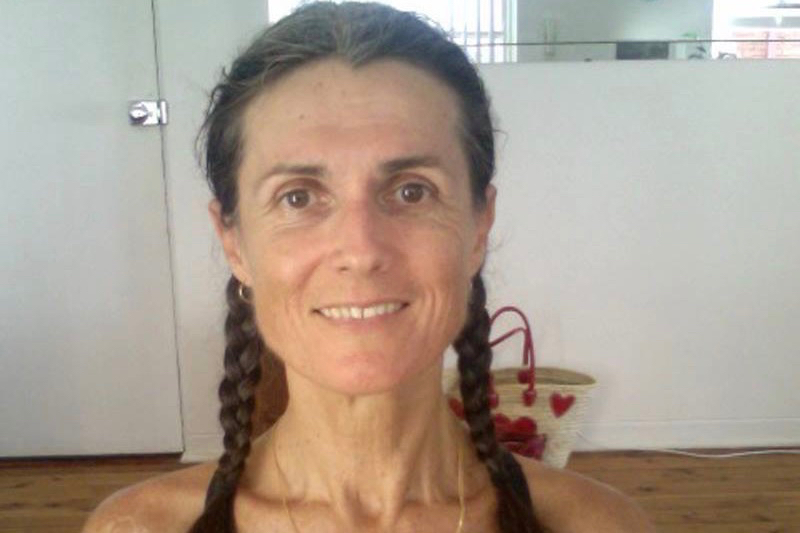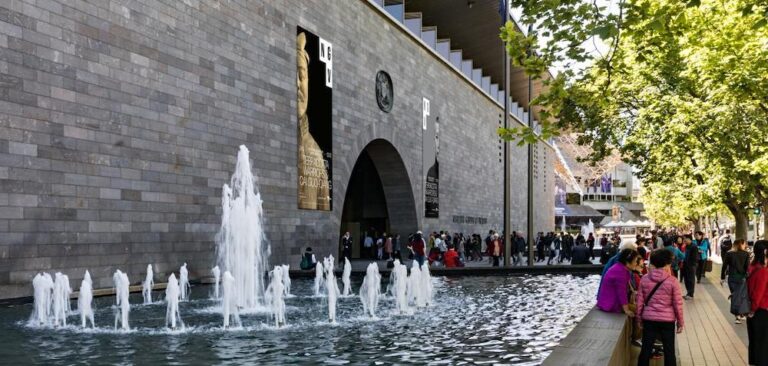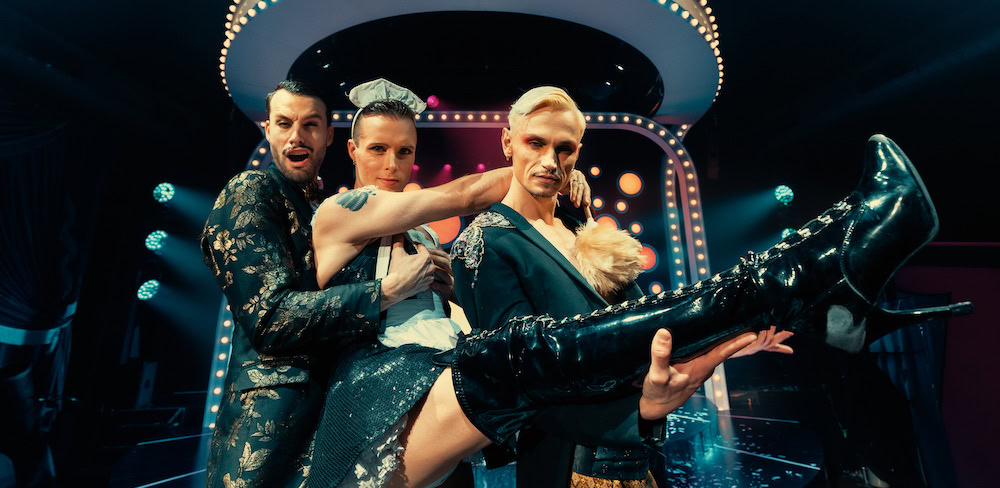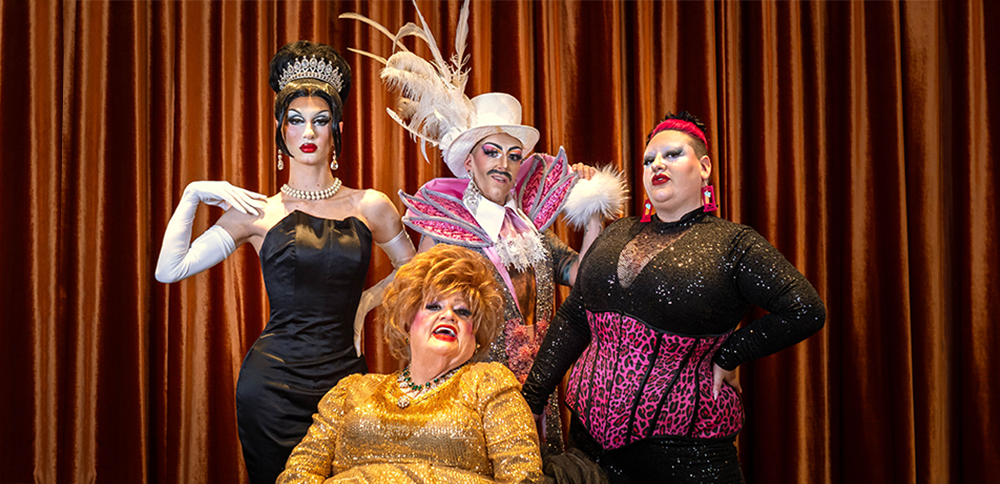
Running for your life: trans sporting pioneer Ricki Couglan

Ricki Couglan became the first trans athlete to compete openly in sport with the blessing of Athletics Australia in 1993 after being outed in the media. She told her story to the Star Observer’s Katherine Wolfgramme
Was life difficult for you before transition and what were your early years like?
I began transitioning when I was almost 22 in 1980.
When I commenced school, I complained to my mother that I didn’t want to be a boy.
I would wear my sister’s clothes and the sight in the mirror only reinforced my convictions that I was a girl.
By the time I was 15 I was out to some friends – the queer kids in our school and nearby schools.
But I left soon after, because the gender divide in school was creating more pain than I could bear.
Our family doctor sent me to the Psychiatric Ward at the Prince of Wales Hospital, where I was given “aversion therapy” in the form of mild shock treatment. I was horrified to be there.
My teenage years passed and I learned about sources of oestrogen and found endocrinologists, psychologists and surgeons who could help me.
I found a partner and we set up the foundation for a great life. I had grown up to be a woman.
Have you always enjoyed sport?
Around the time I transitioned I determined that I would get into health in a major way.
In 1982 I wandered into a women’s weight training gym. I was selling gym equipment by the mid 80s and soon found myself training aerobics instructors.
In 1987 I met my coach, Bill Pratt. We determined that my best event was a mixture of speed and endurance, so we went for the 800 metres.
I was a middle of the pack finisher, but I did win a significant cross country race and was selected to run for NSW at the 1990 National Cross Country Championships. I went on to win or place in a number of minor races and State Championships and I was starting to edge into the National Rankings, somewhere just beyond the top 20.
You were the first to win the right to compete in women’s sport in Australia, was that a difficult journey?
This was a very tough time for me. Somebody who trained with me worked in the Department of Social Security and saw my file.
She broke the law and spread my story around.
Athletics NSW were remorseful that the story had gotten out but they were also very supportive. However, they had discussed my case with Athletics Australia who wanted to do testing on me.
By December 1991 a woman started a petition against me and brought TV cameras to film me racing and this made it into the headlines.
My partner and I had to explain to our friends and coworkers about “my past.” I was the source of so much media speculation and I had lost my social anonymity.
But I discovered there was a massive amount of support for me. Everywhere I went I was shaking hands, getting pats on the back, signing autographs. I heard nothing but support from my fellow athletes.
I was in the weights gym three days a week and running up to 80kms a week. In 1992 I ran a qualifier to compete at the Australian Championships in the 800m.
The testing for Athletics Australia was conducted at the Australian Institute of Sport and the University of NSW. It was found that my physiology was no different from that of other women. In 1983 Athletics Australia sent me a letter informing me that I was welcome to compete without further questioning. It was made clear however, that this was not a blanket ruling. Still, this was a massive first step and I hope that it contributed to greater opportunity for trans folk who would follow.
How do feel when people call you a trans pioneer and trailblazer?
I’m a little uncomfortable with it. Down the centuries there were so many transgender people, overcoming vastly more difficult circumstances and living their truths often in secrecy. Each contributed to growing the opportunities which transgender folk enjoy these days.
I was the world’s first public transgender person in the sport of Athletics. The journey I experienced helped to fashion some of the rules in my sport which were in use until very recent times.
What are your thoughts on trans people wanting to compete in sports nowadays and what would you say to those who oppose this?
Sport is for everyone. Sport plays a significant part in our social lives, our physical wellbeing and our mental wellbeing. Transgender people can never be considered a legitimate part of our broader society if we wish to somehow ban them from sports participation.
Trans participation in sport is going to become part of a great journey for all of us to be a part of. We’re sure to have stumbles along the way but ultimately we will find a way forward which fits with the great sporting imperatives of fairness and inclusion and which satisfies the overwhelming majority of fair minded and well meaning people.
Are there any other goals you would like to fulfil?
I’ve got some road racing goals for next winter but I’ve not looked much beyond that in my personal running. These days I’m a running coach, so I’m also very keen to make runners more resilient, less prone to injury and improving their performance.
You look remarkably young for your age, would you put that down to exercise or diet?
In 1974 I went vegetarian for environmental reasons but I soon began to realise the health benefits. In 1980 I quit all drugs, including tea and coffee. I notice a significant boost to my health. In 1993 I went vegan. Being a vegan, avoiding drugs and exercising pretty much every day is a pathway to radiant health, wellbeing and fitness. I’m currently working on a book on these things.
What are your hopes for the transgender community in the future?
I have nothing but great hope for transgender people. The pace of change is increasing and new generations are coming through where more people are growing up in the company of trans and gender diverse friends. If we retain solidarity and if we keep educating things will only get better.
My biggest hope is to see gender education in every school from very early years so that every transgender child is given the words and understanding to speak up and reach out for help. Let’s ensure that the education process is such that these children can do so knowing that they will be affirmed and supported by their peers at school, their teachers and their families.
Do you have a message for the younger trans population who may be reading this article?
Remember that freedom is never free and never take criticism from someone who you wouldn’t go to for advice. Be proud, be kind, be generous, be grateful and be courageous.









